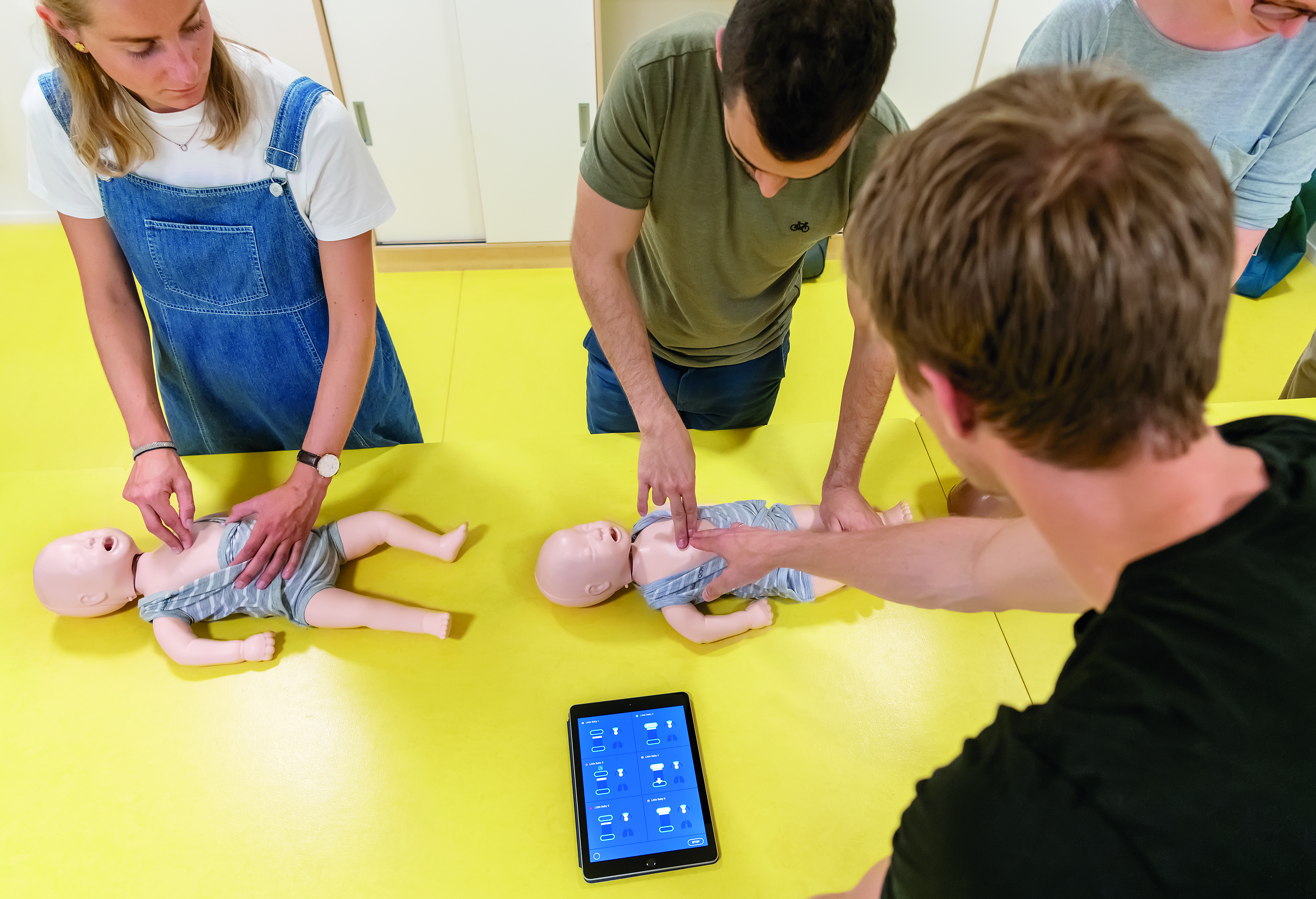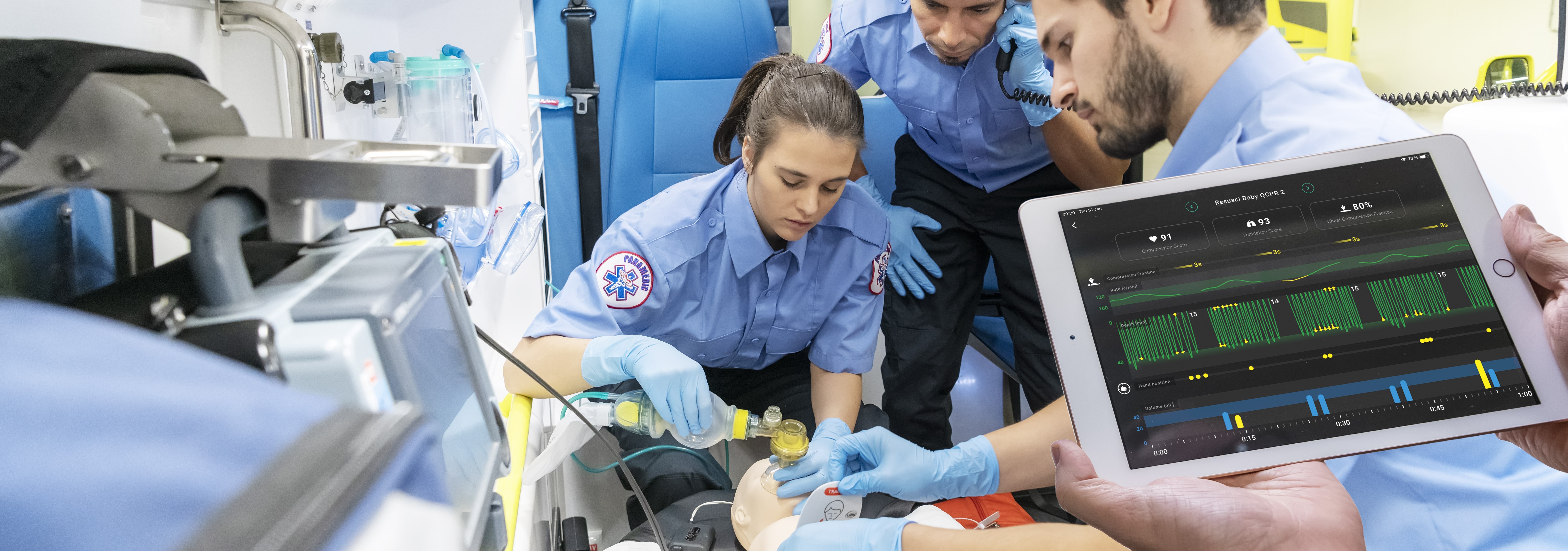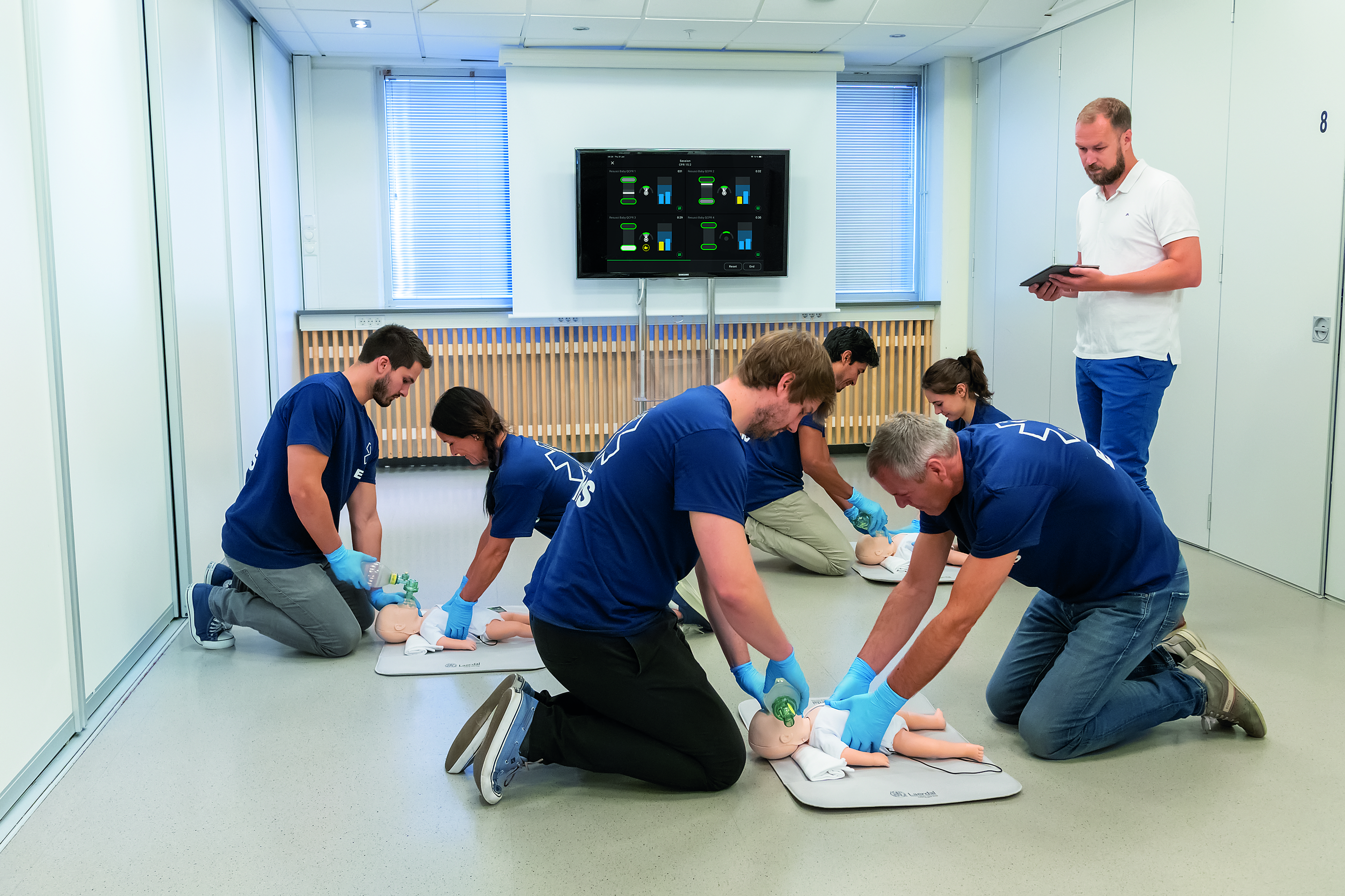
The stereotypical sudden cardiac arrest (SCA) victim is an elderly male patient with existing health concerns. And, indeed, that is an accurate depiction of the average victim of SCA. However, the scope of victims can also include people of any gender and age – including infants. So, when it comes to training for high-quality CPR, why are infants often neglected?

